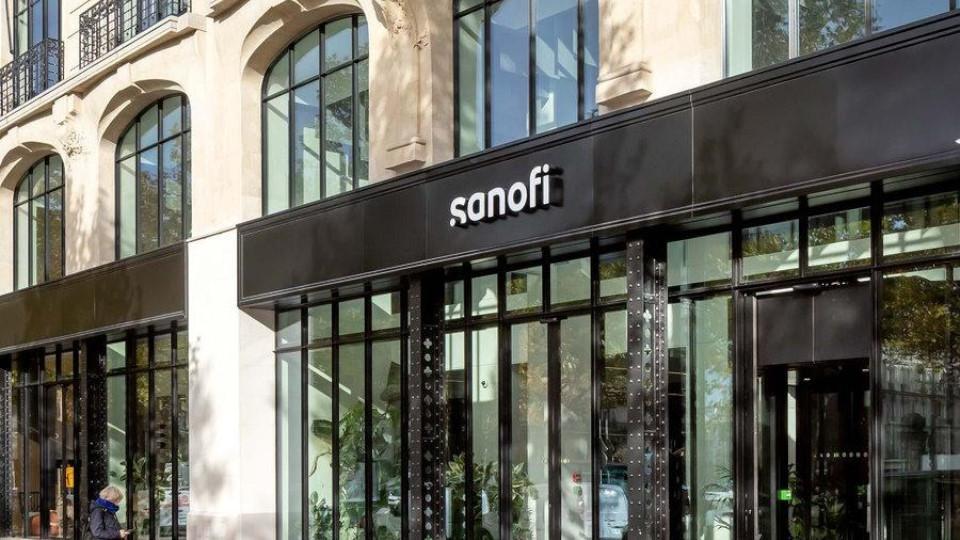France reported to be probing Sanofi over Dupixent launch

France’s financial prosecutor has reportedly launched an investigation into Sanofi’s “financial communication” surrounding the launch of its biggest-selling drug Dupixent.
According to French investigative news outlet La Lettre, a preliminary investigation has been opened by the Parquet National Financier (PNF), focusing on information issued by Sanofi in 2017, when it first brought Dupixent (dupilumab) to market as a treatment for atopic dermatitis.
The report, which cites an unnamed “judicial official”, alludes to allegations of “dissemination of false or misleading information and price manipulation.”
Sanofi said in a statement it was “not aware of any preliminary investigation […] into its 2017 accounts or otherwise,” and insisted that, as a publicly listed company, “the financial information that Sanofi publishes is accurate, precise, and truthful, and is also duly audited by two auditing firms.”
The company also said it “reserved the right to take legal action against any false or defamatory allegations.” Shares in Sanofi fell as much as 1.3% after the news emerged yesterday, but closed down 0.6%.
A preliminary investigation by the PNF does not necessarily lead to a formal probe, so, it is quite possible that no further action will be taken.
Sanofi launched Dupixent in 2017 with a peak annual sales prediction of around $3 billion or more that was lower than some analyst predictions, including Evaluate, which was forecasting $5 billion-plus for the product.
Since then, the Regeneron-partnered product has seen its annual sales swell beyond all expectations – pumped up by a steady stream of new indications, including severe asthma, chronic rhinosinusitis with nasal polyps, eosinophilic oesophagitis, and prurigo nodularis – to reach $8.9 billion last year, up nearly 44% on 2021.
In its third-quarter results, Sanofi said it expects the strong growth to continue this year, with annualised sales nearing $11.75 billion and, while the performance of the product has been a massive boost to Sanofi, it has led some shareholders to voice concerns it could become over-reliant on the product.
Under chief executive Paul Hudson, who took the helm in 2019, Sanofi has been undertaking a major restructuring, spinning off its active pharmaceutical ingredients business last year and announcing last month it may follow the same path with its consumer health unit, becoming a pure-play prescription pharma business.
Hudson is looking to a new wave of product launches to reduce its reliance on Dupixent, including respiratory syncytial virus (RSV) prevention therapy Beyfortus (nirsevimab), once-weekly haemophilia A therapy Altuviio (efanesoctocog alfa), and Tzield (teplizumab) for type 1 diabetes, as well as late-stage developmental drugs like frexalimab for multiple sclerosis, RSV and pneumococcal vaccines, and amlitelimab for atopic dermatitis.













